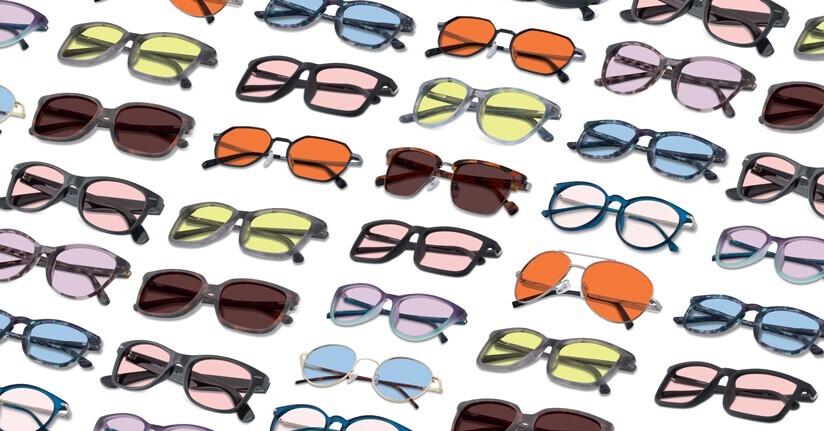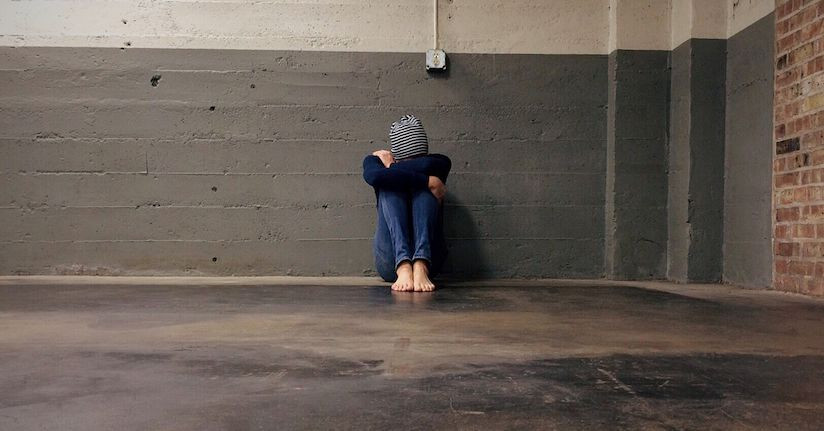Seasonal Affective Disorder: Does Depression Really Vary Seasonally?
When a person with depression or bipolar disorder has recurring episodes of depression during the winter and noticeable mood improvements in the summer, they are often diagnosed with seasonal affective disorder, or SAD. SAD has been part of the diagnostic manual for mental disorders since 1987, but recent research has raised questions about the validity of the diagnosis. Researchers aren’t questioning whether patients are depressed, but are investigating whether the depression is truly tied to the seasons.
Researchers investigated this question in a study published in a January 2016 online edition of the journal Clinical Psychological Science using the data of a 2006 behavioral health survey conducting with 34,294 people across the United States. Of the study’s respondents, 1,754 were considered clinically depressed. Using these respondents’ geographic data, researchers analyzed latitude, seasons of the year, and quantity of sunlight at the time of their survey responses. They found no seasonal variation. Instead, levels of depression were stable no matter the latitude, season, or level of sunlight exposure. “The findings cast doubt on major depression with seasonal variation as a legitimate psychiatric disorder,” the researchers conclude.
Researchers speculate that the recurrent nature of depression could be a reason that winter is wrongly credited with causing depression. Episodes of depression come and go. “Because all episodes of depression occur in some season, chance occurrence in two consecutive winters would explain some apparent seasonality,” researchers said in the paper. The added, “Merely being depressed during winter is not evidence that one is depressed because of winter.”
This is only one study, but it is part of a growing number of studies questioning whether SAD is an accurate diagnosis. Again, it’s important to clarify that the research does not question whether depression is real, but whether tying symptoms of depression to seasonal changes or the absence of sunlight is correct.
Traffanstedt, M. K., Mehta, S., & LoBello, S. G. (2016). Major Depression With Seasonal Variation Is It a Valid Construct?. Clinical Psychological Science, 2167702615615867.

TheraSpecs® Glasses for Light Sensitivity
Find the glasses that fit your needs and lifestyle, and stay protected from screens, fluorescents, unwanted blue light, sunlight, flashing lights, and more.
Shop Now



